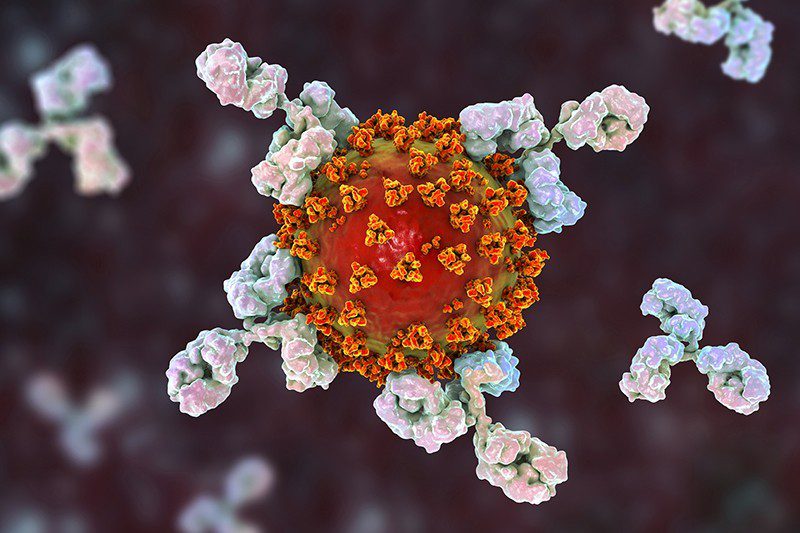COVID vaccines and durable protection
As debates about booster shots heat up, what is known about the duration of vaccine-based immunity is still evolving.
Prof. Joel Eissenberg, Biochemistry and Molecular Biology, Saint Louis University School of Medicine. Joel participated in the early trials of the Moderna mRNA vaccines for Covid-19. He was inoculated with the true vaccine as determined by testing for anti-bodies.
There is much conversation going on about the durability of Covid vaccines. It may not be as bad as some have made it out to be. It is not just about antibodies.
_____________
“COVID vaccine immunity is waning — how much does that matter?” (nature.com), Elie Dolgin
There’s a lot of chatter out there about the waning antibody titers in vaccinated people over time. Of course, survivors of infections also see their antibody titers fall with time, too, but the focus has been on the vaccines, for obvious reasons.
And circulating antibodies do matter for protection from COVID-19. Together with the innate immune response, they represent the frontline response in a viral challenge. But often forgotten in the durable immunity response are the memory B- and T-cells. The assays for their activities are much harder to monitor, but ultimately, this part of the adaptive immune system plays and increasingly important role over time. And for vaccinated people, the memory cells are continuing to perform well.
Doria – Rose: “Neutralizing’ antibodies that can intercept viruses before they infiltrate cells might not have much staying power. Levels of these molecules typically shoot up after vaccination, then quickly taper off months later. That is s how vaccines work,”
But cellular immune responses are longer lasting — and as Jennifer Gommerman, an immunologist at the University of Toronto in Canada, explains:
“Cellular immunity is what’s going to protect you from disease.”
Memory B cells, which can rapidly deploy more antibodies in the event of re-exposure to the virus, tend to stick around, and so do T cells, which can attack already-infected cells. Both provide an added measure of protection should SARS-CoV-2 sneak past the body’s first line of defense.
In one of the only long-term studies to consider these three planks of the immune system simultaneously – antibodies, B cells and T cells – researchers found that vaccination spurred durable cellular immunity. Memory B cells continued to grow in numbers for at least six months, and got better at fighting the virus over time. T-cell counts remained relatively stable, dipping only slightly over the duration of the study period.

